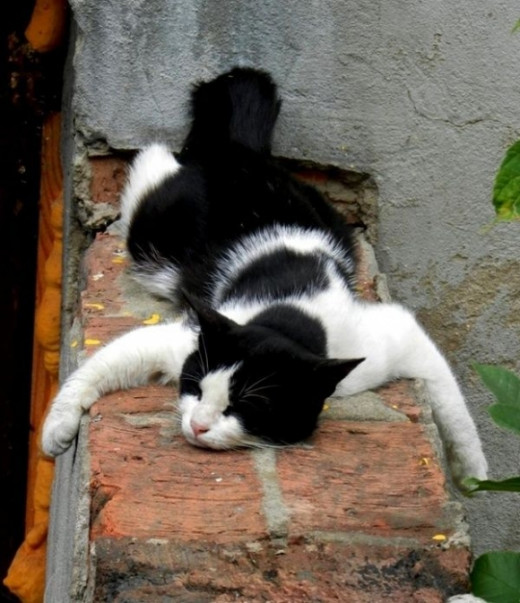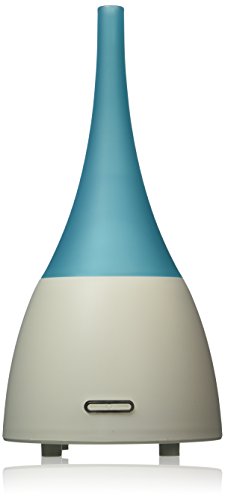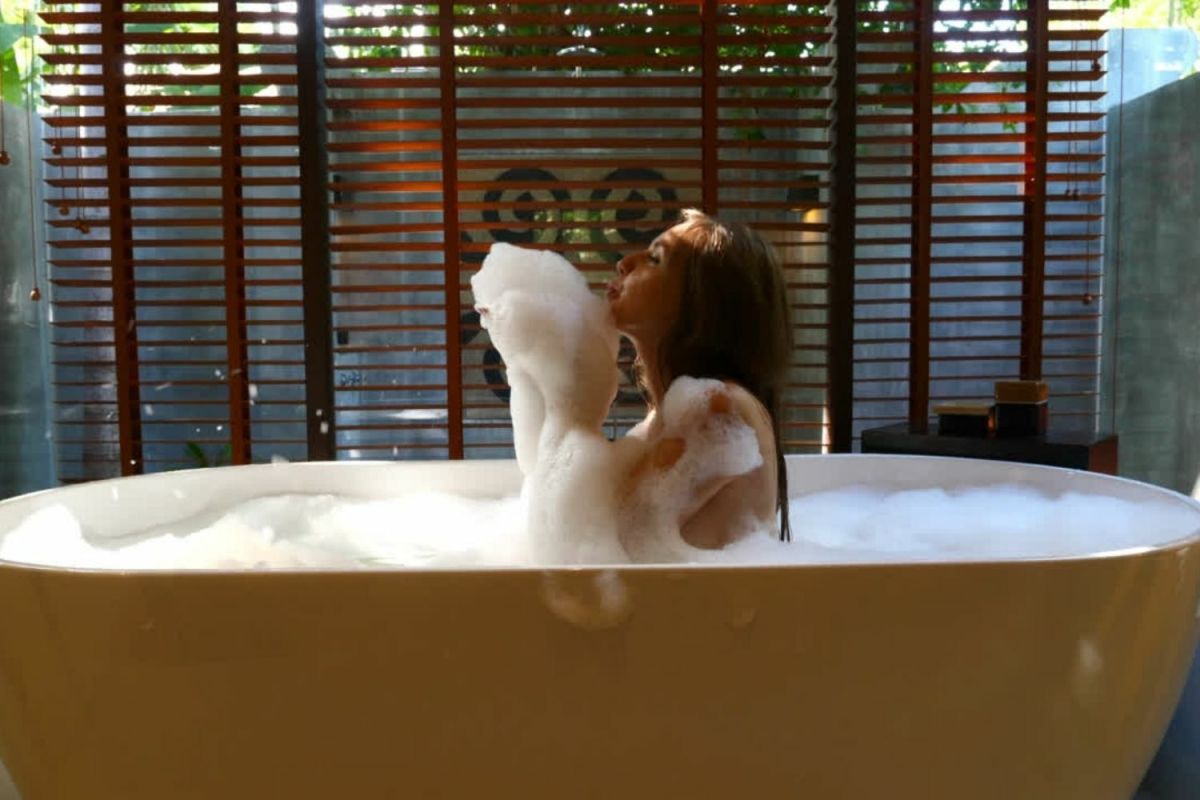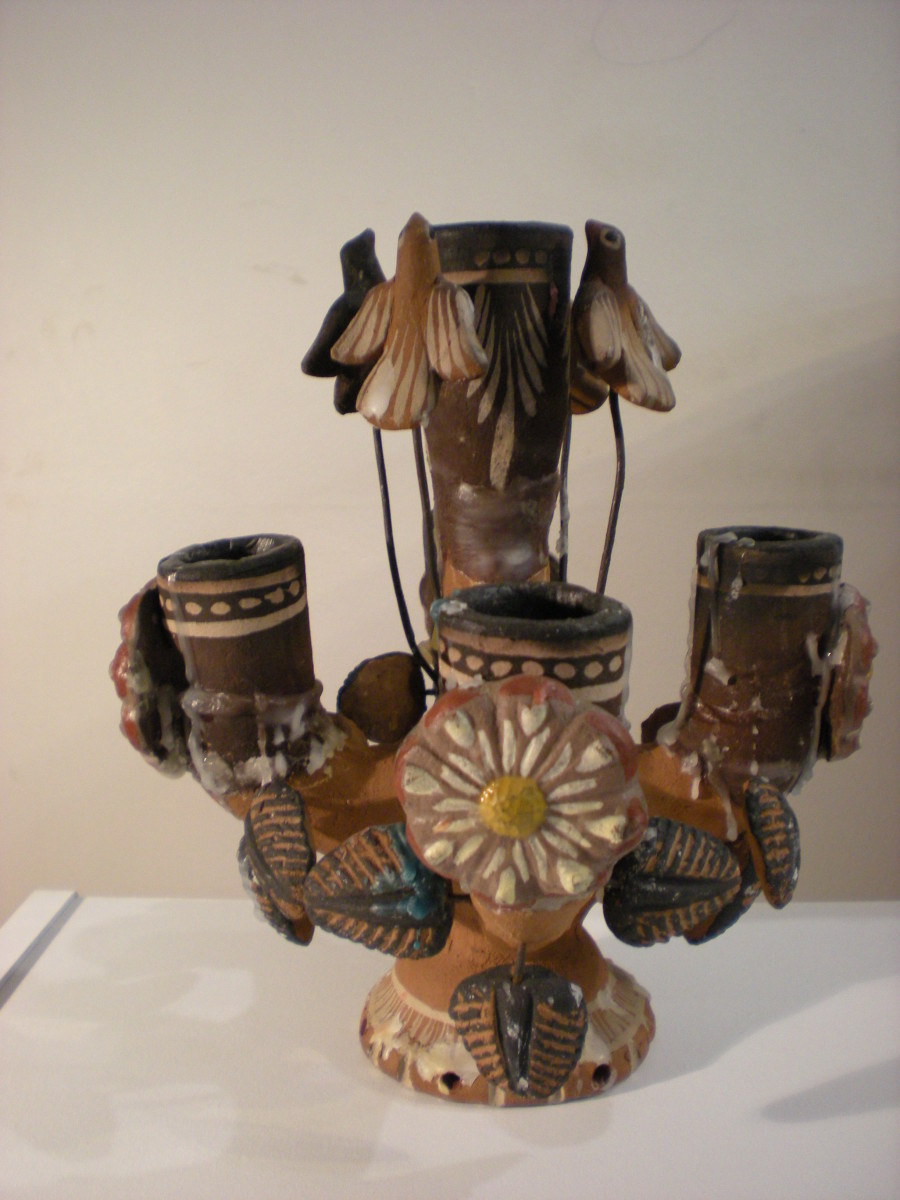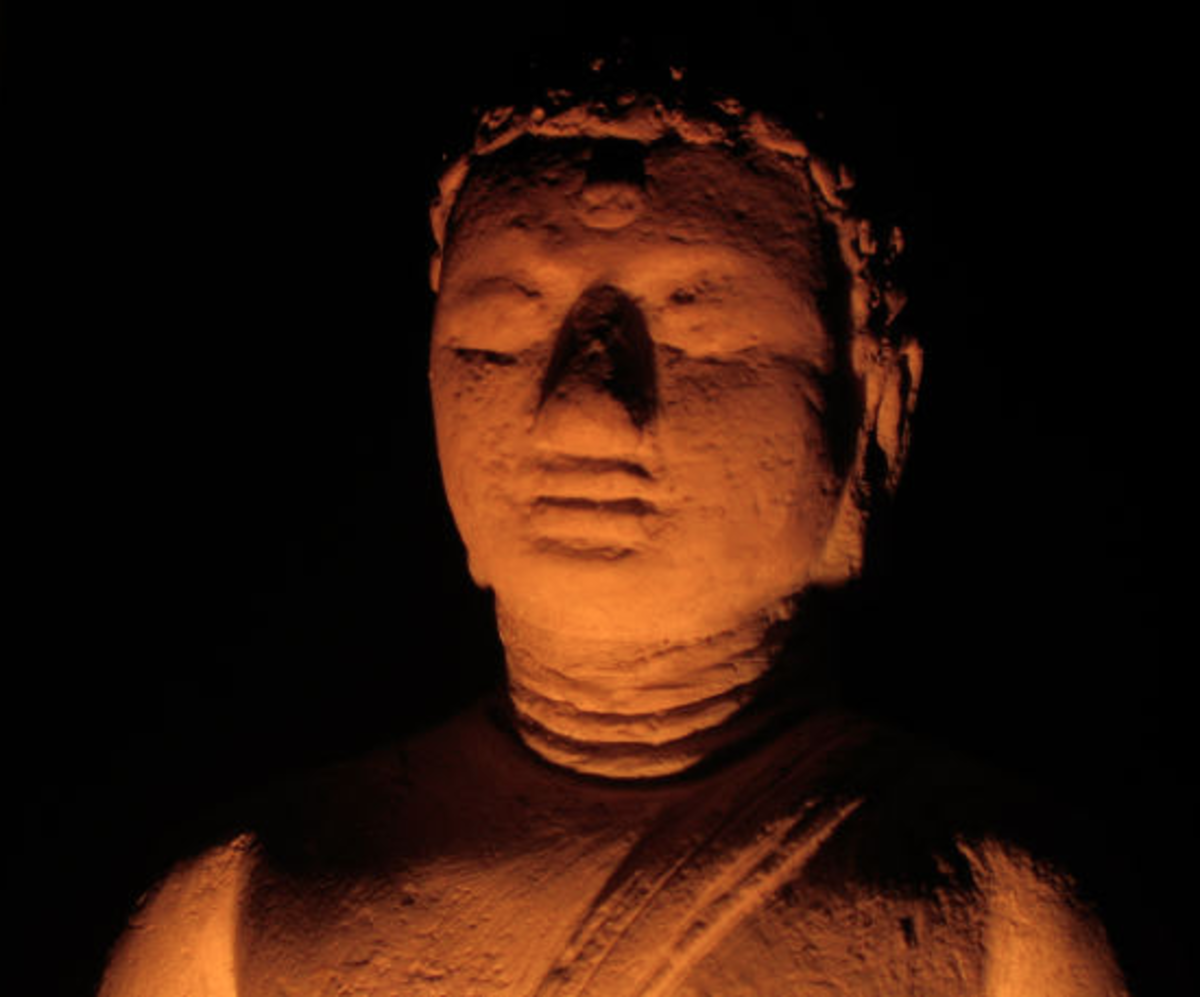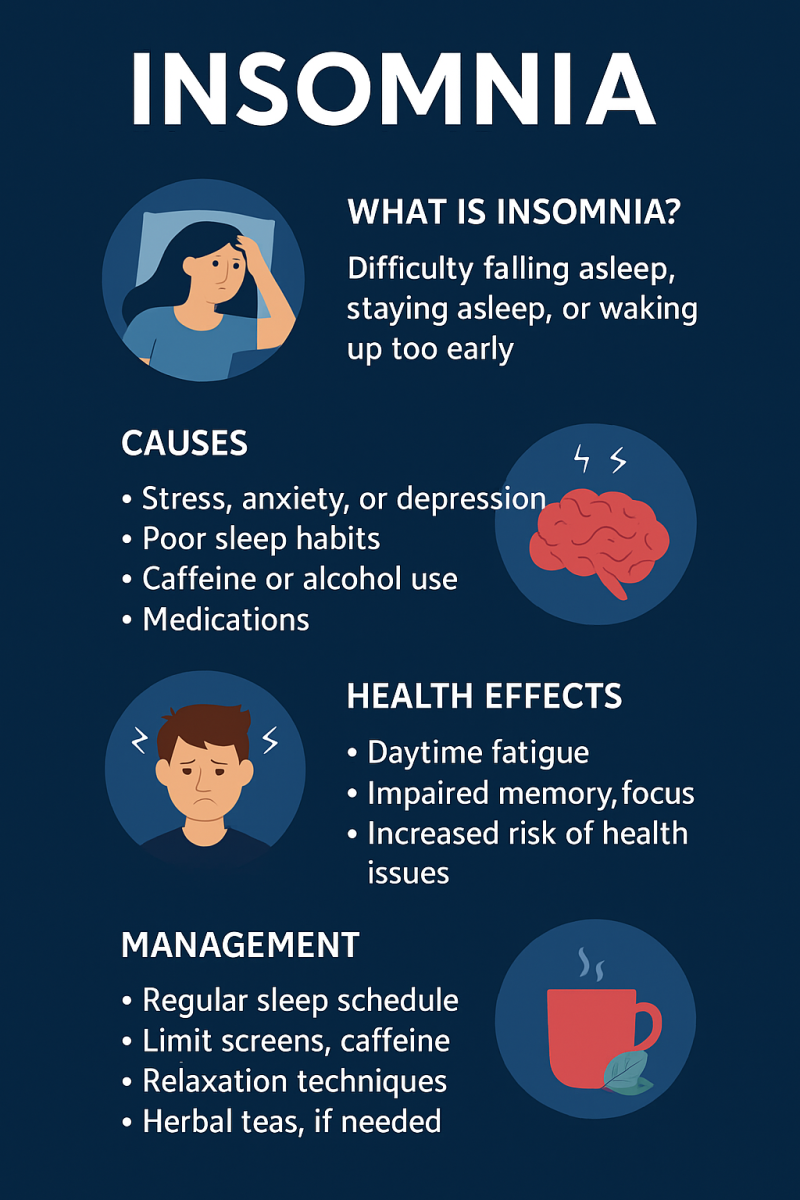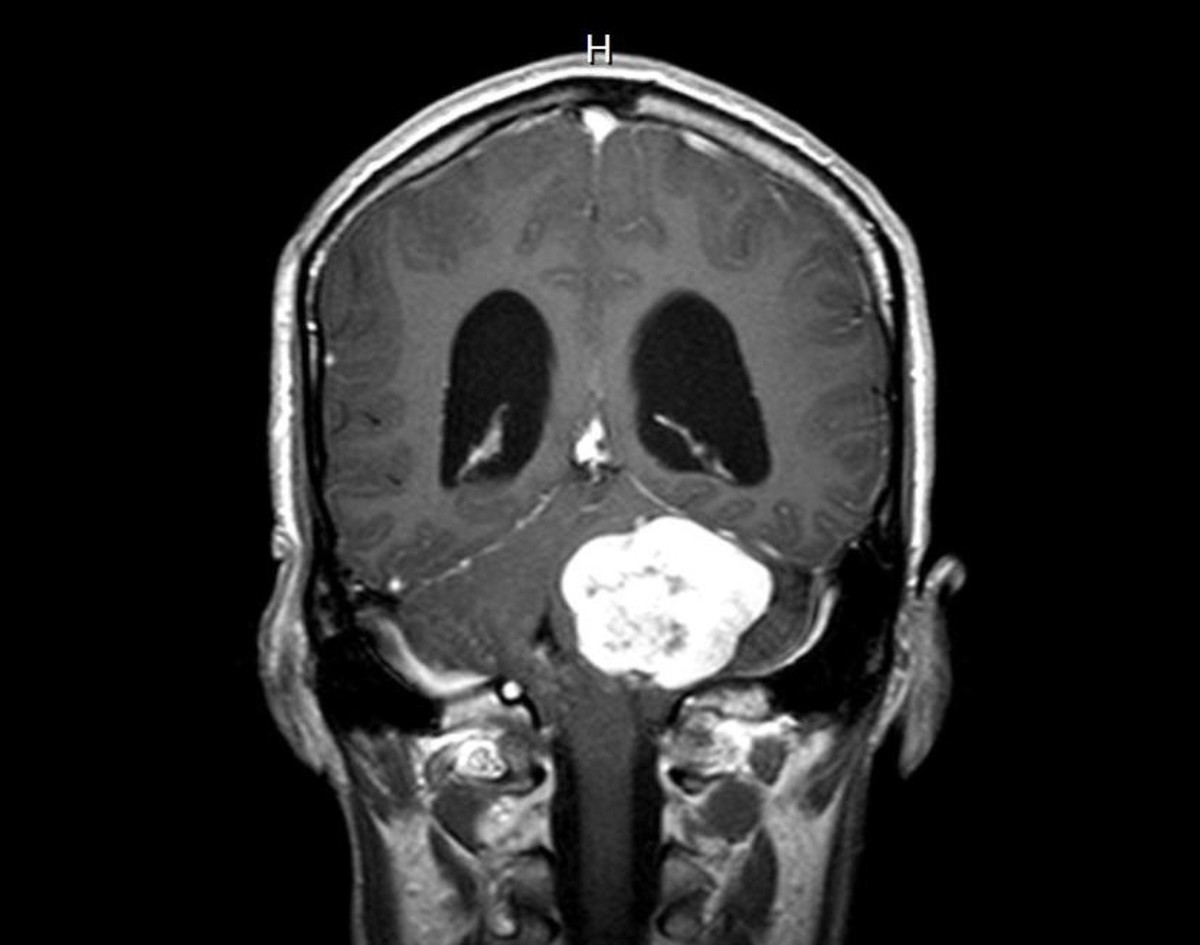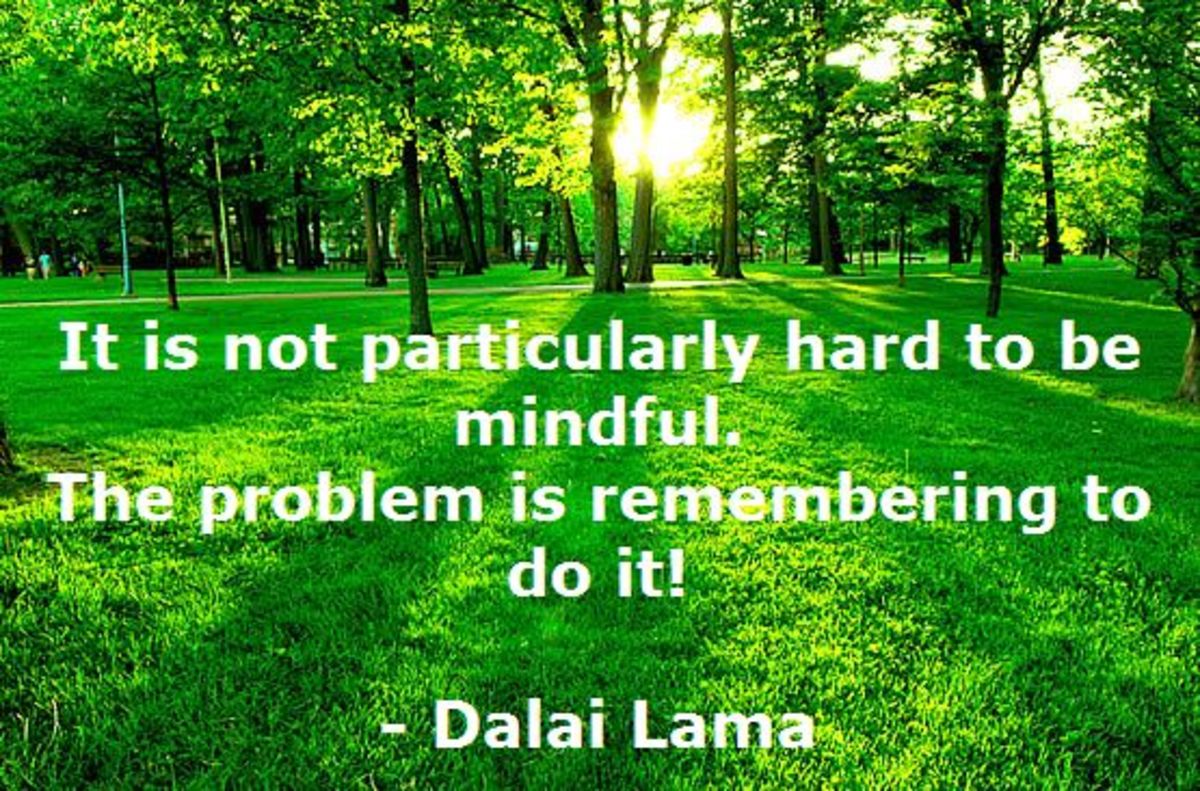- HubPages»
- Health»
- Personal Health Information & Self-Help»
- Mentally & Emotionally Balanced Living
Five Effective Ways to Relax
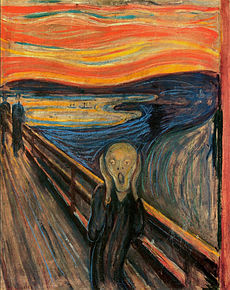
Imagine yourself trapped in a waiting room, any waiting room; they are all alike. You are completely alone in the world, with sweaty palms and a constricted feeling in your chest. You try to find refuge in one of the many magazines lying around. But absolutely nothing about the waiting room is relaxing enough for you to get your mind off of things. No matter how hard you try you can’t “chill out.” You are worried and you can’t relax.
Whether you’re trapped in a waiting room with sweaty palms or awake and worrying in the middle of the night about your own mortality or if you’re making the right life choices, stress will find you.
Stress is more dangerous than you think
We’ve all heard that stress is a “killer” and unfortunately it’s part of life. Stress is necessary to help keep us alert and avoid danger. It does this by sounding all of our internal alarms and spiking our adrenaline.
But it’s designed to level off and return all systems to normal once the perceived threat is gone. When one is worried all the time and stress levels run constant, it can negatively affect our body, thoughts, and emotions. Ultimately it can contribute to significant health problems such as:
- Heart disease
- Premature aging
- Diabetes
- Obesity
- Headaches
- Depression
- Insomnia
- Sexual dysfunctions
Do you know how to relax?
Stress is not just a state of mind
And neither is relaxation. Both stress and relaxation involve actual physical happenings in the body. During times of stress your muscles clench. Your blood pressure spikes and heart rate rises. Your blood vessels constrict and your bloodstream is flooded with stress hormones.
In today’s world, stress comes in many shapes and sizes. It really all boils down to whether or not you perceive a situation to be worthy of anxiety.
I’m sure most of us know of at least one person who could be on a beautiful beach, away from it all, with sunshine and little umbrella drinks and still be stressed out. Those types of people are known as “chronically” stressed.
And it doesn’t end there. It ruins your sleep and digestive process. It breeds depression and negative thinking. Surely you know someone who is always positive and someone who is always negative. In most cases those are learned traits.
Depressed people have yet to learn ways to combat stress. Over time, that is what leads to health problems. It is important to develop a relaxation “toolkit” to help you control your emotions and calm your physical body. Here are a few proven ways to relax:
*note: many of the proven techniques to battle stress are not cheap parlor tricks. Methods such as meditation offer long-term solutions but require some degree of discipline and must be practiced regularly.
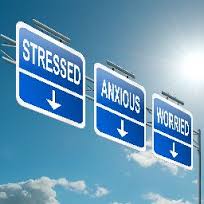
1. Progressive muscle relaxation: This technique involves tensing and relaxing certain major muscle groups. One of the ideas behind this is to be able to recognize the difference between a tensed muscle and a relaxed muscle. Concentrate on that feeling. When we are stressed over long periods and our muscles are chronically tight, we might mistake that feeling for a natural state.
- Find a comfortable position (preferably lying down) and loosen any restrictive clothing.
- Breathe deeply into your lungs. Oxygen is your relaxation buddy.
- We will start at the forehead and work our way to the toes. Raise your eyebrows as high as you can for 10 seconds. Really wrinkle your forehead and clench those muscles. Don’t forget to breathe! Now relax those muscles for 10 seconds and move on in this fashion down your entire body.
- Eyes
- Cheeks and jaw
- Shoulders
- Back
- Upper arms
- Forearms
- Hands
- Stomach
- Hips and butt
- Thighs
- Calves
- Feet
- Toes
Try to practice this daily until you become used to the sensations. Your body should feel noticeably less tense and slightly refreshed.
*Quick tips: for a fun and shorter variation of this exercise, you can simply “shake” out the tension from your body. Literally stand up and begin shaking out your head and neck, your arms and legs. Shake out your feet. It’s fun. And if nothing else, go treat yourself to a relaxing massage.
Try some guided relaxation
2. Meditation: Wait! I know…I know…meditation doesn’t work for you, you’re not Buddhist, it turns people into zombies; I’ve heard all the excuses, and it’s sad. Listen, meditation is an absurdly simple concept, yet remains a very difficult thing to do. I think, though, with some honest practice it not only gets easier, but you will be amazed by the results. The benefits are endless but here are a few:
- Long lasting calmness
- Lowers blood pressure
- Improves the immune system
- Decreases tension related pain
- Boosts focus, memory and creativity
There are thousands of ways to meditate and it is an excellent path towards enlightenment. But for the purpose of this article, we will focus mainly on relieving anxiety rather than spiritual awakening.
Here is the concept: we are going to completely empty the mind! Sound impossible? Okay fine, you’re probably right. So let’s try this instead: we are going to sit down somewhere quiet and focus on one single thing—our breath.
Sound easy? Go ahead and try it for a couple of minutes. I guarantee you that soon after you begin you will be bombarded with every thought from, “what’s for dinner?” to “Did I punch out at work today?”
But that’s alright. Learning to meditate is easy. The hard part is transforming your mind from an undisciplined piece of putty into a rock-hard muscle that you can flex at will. Here are some tips:
- Find a place where you will be undisturbed for a few minutes.
- Don’t worry about crossing your legs into some pretzel-looking position or what you should be doing with your hands.
- Close your eyes and place the tip of your tongue on the front of the roof of your mouth (this will help the breath flow nice and smooth).
- Breathe through your nose only and focus all of your attention there. Try visualizing the air moving in and out of your body. Inhale deep into your belly. Don’t try to control your breathing. Let it flow naturally.
- Don’t get discouraged; that’s what everyone does. Be different and remember that with this practice there is no such thing as wasted effort.
That’s all there is to it. After some serious practice you might reach a time when your breath fades away and you are left with absolute oneness or clarity. Words can only cheapen that blissful experience. You’ll have to find out for yourself.
*Additional tips:
- Begin each session with a couple of deep, intense, full-body breaths. This really purifies your system and helps relieve tension.
- Once you reach a state of deep relaxation, try turning your attention inward. Feel the tingling aliveness of the billions of cells working inside of you.
- Practice meditation ANYWHERE.
3. The 5-4-3-2-1 Technique: I like this exercise because, much like meditation, it works to bring your focus into the present moment. Usually there’s not much to stress out about in the absolute present moment. All of our worries seem to be buried in the past or in some make-believe future. This technique can be used absolutely anywhere you are feeling stressed out.
- Casually look around and name 5 things that you see and 5 things that you hear.
- Now start over and name 4 things that you see and 4 that you hear.
- Now 3 things that you see and 3 things that you hear.
- And 2 things
- And finally 1 thing that you see and 1 thing that you hear.
This little game may sound silly, but you are practicing the art of midfulness. Sometimes in a pinch, I’ll close my eyes wherever I am and just listen to the sounds around me. That alone can calm you down in a flash.
Soothing aromatherapy
4. Soothing teas and aromatherapy: Perhaps the above exercises sound a little too strenuous and time consuming. Maybe today you are only a little stressed out, irritable, or jumpy.
In that case some herbal tea and aromatherapy may be the perfect thing to help you unwind after a long day. Light a scented candle, burn some incense, or inhale some heavenly oils and curl up with a warm cup of tea from the selection below.
Tea herb
| Benefits
| Pairing scent
|
|---|---|---|
Peppermint
| Peppermint can relax muscles, soothe your belly, and help you sleep.
| Rose
|
Chamomile
| This herb has been used worldwide as a cure-all for many ailments and is especially effective at relieving anxiety.
| Sandalwood
|
Valerian root
| This trusty champion has been used since the time of ancient Greece and contains sedative and anti-anxiety properties.
| Patchouli
|
Kava root
| Kava grows in the South Pacific and is prized for its sedative-like properties
| Juniper
|
5. Reach Out: Interestingly enough, many of our problems can be zapped by simply bringing them out of the darkness and into the light. The hardest part is getting over the fear of looking dumb or feeling like you shouldn’t burden others with your problems.
Brainstorming with others can help generate fresh solutions and bring about a sense of camaraderie. So go ahead and let it out, you’ll feel better.
Advice for starting a relaxation practice
There are hundreds of stress-relief exercises out there for you to choose from. Find what works best for you and stick with it. Clear your schedule for at least 15 minutes once or twice a day for practicing some form of relaxation. And as you get stronger in your practice, make sure to take it out-and-about with you. Over time, you will be extremely effective at managing your stress.
